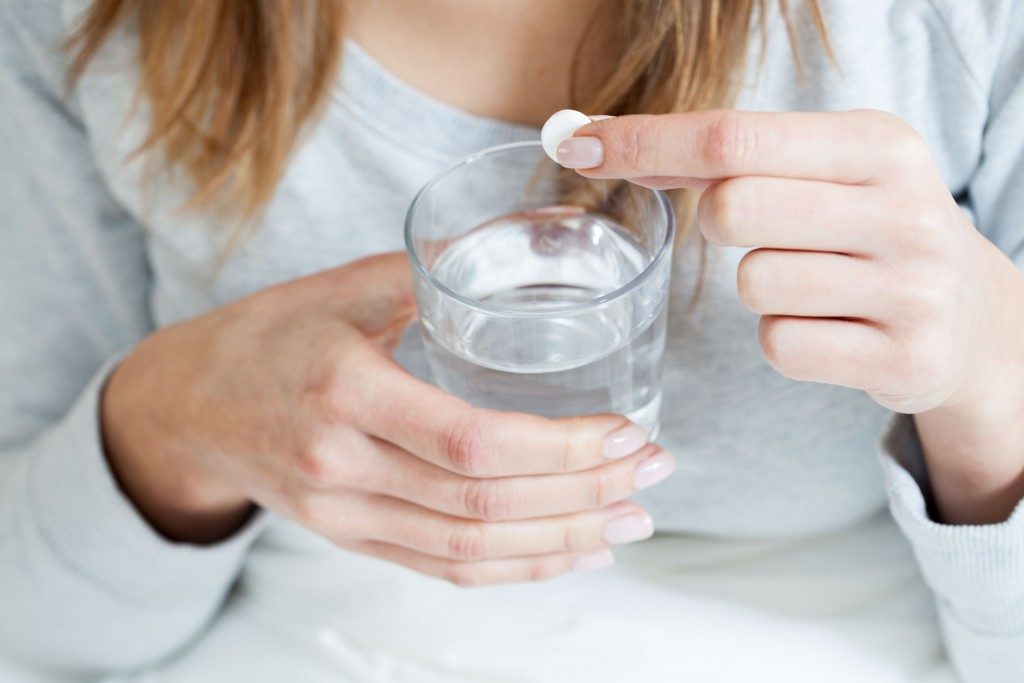Following a successful surgical procedure, one of the most critical things you need to do is to ensure that you don’t get an infection. Getting an infection, even a seemingly minor one could hinder your recovery, and could even lead to severe complications.
Fortunately, there are plenty of things you could do to help make certain that you increase your chances of healing safely and quickly from your surgery without getting an infection.
Wash your hands regularly and properly
Washing your hands properly and whenever necessary is vital, and by properly, this means washing your hands for 30 seconds at least, using lukewarm water and soap, notes an experienced nursing direction from one the most well-known nursing homes in Worcester County.
While antibacterial soap is recommended, any kind of soap will actually suffice, just as long as you wash your hands the proper way. This also applies to other individuals who are helping you or caring for you.
Generally speaking, always wash your hands if they seem dirty, after going to the bathroom, after preparing food, before tending to your incision site, and anytime you feel they’re dirty.
Take medications as prescribed
 The main purpose of taking antibiotics is to increase your chances of being infected, so it’s immensely critical that you follow your doctor’s recommendations and take them as instructed. Otherwise, if you stop taking the antibiotics ahead of schedule, you risk acquiring a specific strain or infection that’s antibiotic-resistant. Put simply, you could end up sicker because you failed to finish taking all your antibiotics.
The main purpose of taking antibiotics is to increase your chances of being infected, so it’s immensely critical that you follow your doctor’s recommendations and take them as instructed. Otherwise, if you stop taking the antibiotics ahead of schedule, you risk acquiring a specific strain or infection that’s antibiotic-resistant. Put simply, you could end up sicker because you failed to finish taking all your antibiotics.
Keep your incision site dry and clean
If your doctor allows it, the best way to clean your incision is by cleaning it with lukewarm water and antibacterial soap. Make certain to rinse off all traces of soap to avoid irritating your wound. Pat your incision dry prior to applying anything to it and only dress it up if your doctor advised you to do so.
Don’t use creams your doctor did not recommend
Sure it might be very tempting to use healing creams or ointments on your wound, but only use those that your doctor recommended. It’s worth noting that most antibacterial creams and ointments would keep your incision moisturized, making it a suitable breeding ground for bacteria and germs.
If you haven’t yet, quit smoking
Are you aware that smokers have an increased risk of developing an infection after a surgical procedure? In fact, a number of studies have found that smokers are six times more likely to develop an infection post-surgery than individuals who don’t smoke.
In addition, smokers heal significantly slower than non-smokers and are at risk for more scarring. Likewise, the slower your incision heals, the longer you’re at risk for developing an infection.
Infections could be tough to treat, slow down healing, and prolong recovery time, and in turn, the return to your normal life. But by following your doctor’s post-surgery instructions and doing all that you can to prevent an infection, you can recover faster, safer, and without any complications.
